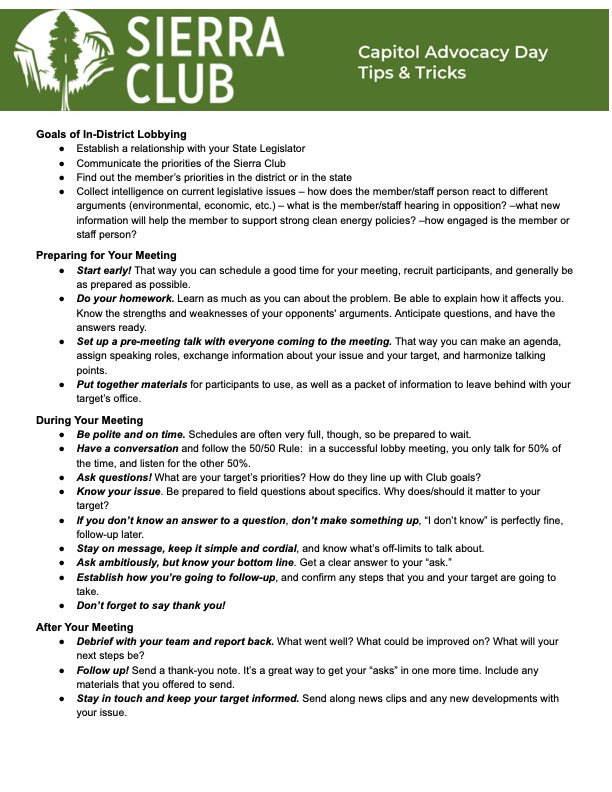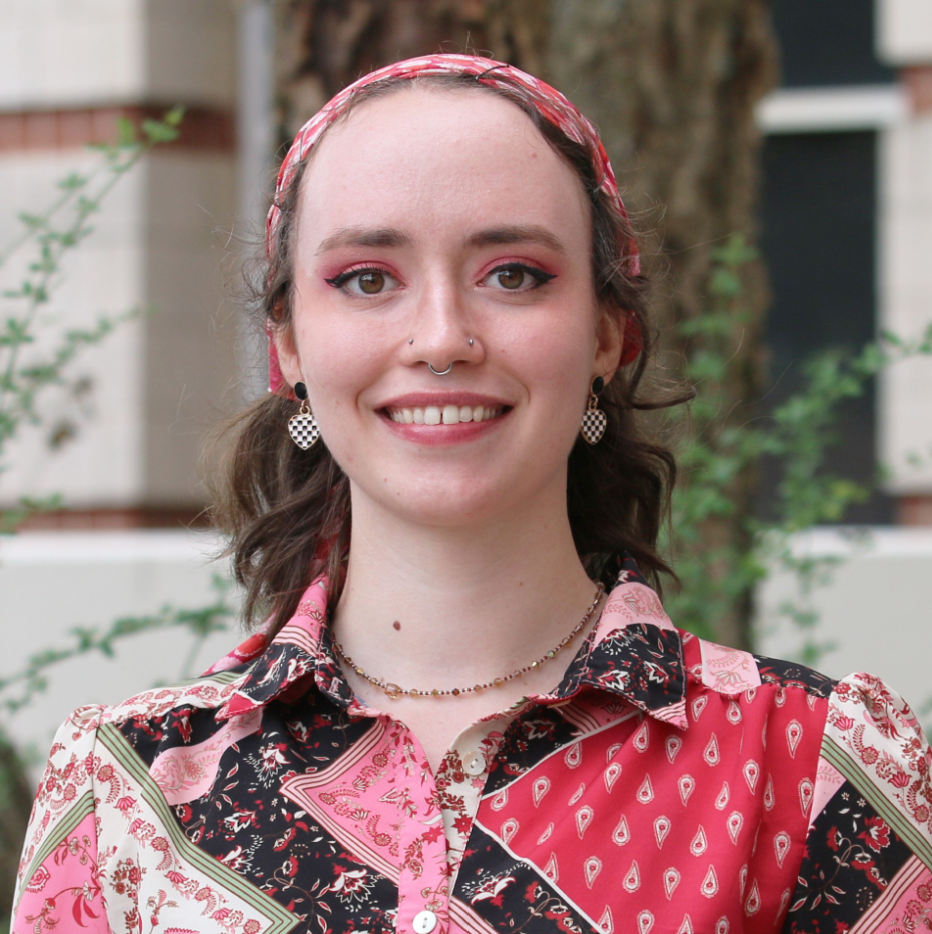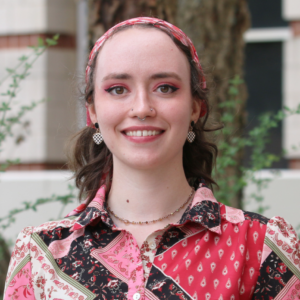During our weekly lab meeting, my advisor told us he was concerned that the research funds our lab was awarded by the federal government would be pulled. If our lab was defunded, we wouldn’t be able to continue our projects, and he would not be able to pay us anymore. My heart sank, I did not want to have to quit my PhD program against my will. Just a few months ago this conversation would have been outlandish. Sure, sometimes labs fail to get grants and have to let people go, but we were already awarded the money. It should be safe to assume that we are okay money-wise, right?
Unfortunately, my advisor’s concern isn’t baseless paranoia. President Trump and Elon Musk have been slashing federal funding for science, freezing existing grants, and firing federal workers at an unprecedented rate. The ensuing chaos slows down research in critical areas like medicine, public health, climate change, limiting our ability to treat disease, prevent pandemics, and build communities resilient to natural disasters. Thankfully, judges have been pushing back on the Trump-Musk power grab, but the impacts of these attacks on science remain. Universities are not hiring any new faculty or accepting new graduate students, federal funding to universities is being rescinded, CDC employee firings continue, and the Department of Defense has ceased to study climate change, disinformation, and extremism. At the University of Georgia, nine federal grants have been terminated, leaving the impacted laboratories and their staff low on funding. These cuts will slow down research for years to come.
Slashing science funding doesn’t just impact research. Overhead costs from federal grants fund maintenance of buildings at universities, core facilities–such as the world-class Nuclear Magnetic Resonance instrument and Sapelo2 computing cluster at UGA , and the support staff that keep the universities running. Reduction in federal funding and cuts to overhead costs would put university workers across the board out of work. In Athens, over 10,000 residents are employed by the University of Georgia, and loss of university jobs would devastate the community. UGA boosts Georgia’s economy by 8.4 billion, and additional loss of federal funding would reduce this positive economic impact as well.
As a PhD candidate in bioinformatics, witnessing widespread federal defunding of science before I am able to start my career as a scientist is scary and disheartening. But these cuts didn’t come out of nowhere. Support of and trust in science is increasingly becoming a political issue and distrust is growing on the right. Misinformation is easily accessible online and erodes trust in credible research. I started to look around online for ways I could fight back against misinformation and harmful science policy. I learned that building relationships with legislators helps get science-positive bills passed and harmful bills thrown out. But, talking to legislators is only one part of the fight for science support. Mistrust in science is often based on a lack of trust in scientists and their morals, not a lack of understanding of the research. I also needed to reach out to non-scientist members of my community, develop relationships with them to increase trust.
Talking to legislators is way easier said than done. For one, I could barely remember who my legislators were. Calling people on the phone or getting in-person meetings with legislators seemed extremely intimidating for me to do alone. In person visits are shown to be the most effective at influencing policy, but also seemed like the easiest to mess up. What on earth would I talk to them about?
Luckily, Georgia has several advocacy organizations that host “days at the capitol” where they train and bring groups to the Georgia State Capitol in Atlanta to talk to legislators about a specific agenda. I went to three of these days, Environmental Justice Day (EJ Day) with Science for Georgia, Lobby Day with the United Campus Workers of Georgia, and the Sierra Club’s Day at the Capitol. Before we were let loose in the Capitol to talk to legislators, we were trained on what issues to speak about and given pamphlets to hand out to legislators. The most helpful tips for me were to 1) be kind and respectful, 2) focus on personal stories when possible, and 3) drive home the positive impact your agenda would have on Georgia.
To prepare for my capitol visits, I first found out who my legislators were. Then, I researched them a bit focusing on what issues they ran on and what committees they were on. This information would help me have better conversations since I knew who I was talking to.

During the legislative session, the capitol is bustling with activity. I saw professional lobbyists, other groups of constituents, field trips, and a Buc-ee’s mascot. In the morning, the Senators and Representatives are in their chambers listening to preachers, or conducting hearings. To get them to come out and talk to me, I filled out a slip of paper with my name, contact information, and conversation subject. I gave the paper to a staffer and a page (an elementary school kid) went into the chamber to deliver my note to the legislator. Then, I anxiously waited for the legislators to come out. On my first visit to the Capitol, no one came out to speak to me since Governor Kemp was giving an address. Unlucky timing for me. I fared better on my next visits where I talked to my Representative Spencer Frye, and some legislators of other districts like Max Burns, Freddie Powell Sims, Rick Williams, and Chuck Martin. Overall, the interactions were positive and the legislators seemed to support my goals. Chuck Martin was a bit tougher and did not support increased state funding to higher education, but I count him talking to me at all as a success. My senator Bill Cowsert never came out to chat.
If you want to learn more about the legislative process or what it is like to visit the Capitol, check out this helpful Youtube Series and article from Science for Georgia. The legislative session ends on April 4th this year, but it is never too early to start prepping for the next season.
Participating in government is only one way to building a science-forward society. We also need to help build public support of science, combat misinformation, and strengthen the existing community of science-supporters. I’ve been doing this by attending and volunteering at community service and outreach events. Some of my favorites were building sustainable living willow fences with Science For Georgia, planting onions with Concrete Jungle Athens, sampling water for pollutants and health in Athens with the Upper Oconee Watershed Network and in Atlanta with Science for Georgia.
Connecting with people in my community and elected officials helped me feel hopeful. It can feel extremely lonely and scary to be a scientist or science-student in this era. But, as I spent more time engaging in my local community and actually talking to legislators, it helped me realize that there are a lot of people, both researchers and non-researchers, that are on the side of science.
One day at the capitol or an occasional water sampling trip isn’t going to eliminate misinformation to address the funding issues scientists are facing currently. But, over time consistent communication with legislators and the community will help increase trust in science and boost public support of research. Right now, we are playing the long game. If all of us engage in small acts of science advocacy now, we can help prevent future federal and university scientists, students, and support staff from ever worrying that they will suddenly lose their jobs and be unable to continue advancing life-changing research.
There are so many ways to get involved in science advocacy. Find one that works for you in the table below!
| Local Organizations | |
| Name | About |
| Science for Georgia | A non-profit organization that promotes science-informed public policy for the state of Georgia and advocates for science that benefits Georgia. They host a lot of fantastic community building events, information sessions, advocacy days and also have a wealth of information on their website. |
| Athens Free School | A community group in Athens where anyone can teach or attend free classes on any topic under the sun! I’ve attended art classes, yoga classes, and a history lecture through the Athens Free School. Going to/leading events with them is a fantastic way to meet people and foster community building and skill sharing. |
| United Campus Workers of Georgia | UCW-UGA is a union of all public higher education workers in the state of Georgia from research scientists, to grad students, to custodians. The union advocates for funding public higher education in the state and for workers rights. Joining a union is legal and is a great way to connect with and empower fellow workers. |
| Athens Science Cafe | Learn more about fun science topics at Athens Science Cafe events, moderated discussions in local bars. |
| GivePulse | GivePulse is not an organization itself but it is a platform widely used in Athens to advertise, sign up for, and manage volunteer opportunities in the area. I’ve found and signed up for water sampling, farm work days, and food bank volunteer shifts using GivePulse. |
| Upper Oconee Watershed Network | Dedicated to promoting water health in the Upper Oconee, this organization needs volunteers to help with their quarterly water sampling efforts of the many streams in Athens. If you help out, you will also get a report of the health of the streams you sampled after the event. |
| Athens Branch | Concrete Jungle | Help local farmers harvest their crops, plant, and do other necessary farm tasks. Food from these efforts is often donated to food banks or people in need. |
| Sierra Club Georgia Chapter | The oldest and most influential environmental advocacy organization has a presence in Georgia! They host fun social events like hikes, days at the Capitol, and advocacy training. |
| Athens Science Community | This is a discord server for Athens scientists, science educators, and community organizations that support education, literacy, and justice to connect with one another in an informal setting. |
| Athens Science Observer | If you don’t know this organization already, I don’t know what to tell you. All jokes aside, if you are a reader of ASO, consider joining the team as a writer or editor! Reach out to athenssciobserver@gmail.com to get involved. |
| National Organizations | |
| National Science Policy Network | This organization is free to join and hosts many free training/career information events on science policy. They also have paid training and a fellowship program. I found their science policy career week zoom lecture series extremely helpful. |
| Labor for Higher Education | Find phone banks, informative lectures, and local protests through this activist organization dedicated to promoting higher education. |
| Engineers and Scientists Acting Locally | The ESAL website has a lot of information on how to engage with local policy and can be used to find interesting events on zoom or in your area. |
| Stand Up for Science | Started by grad students, this organization draws attention to the importance of research funding through nation-wide protests. |
| Girl + Environment | An environmental justice advocacy group run by and for black and brown women. They have a lot of helpful information accessible for anyone on their website, and have more resources available to their members |
| American Association for the Advancement of Science | AAAS is probably the first organization most of us think of when it comes to science advocacy, and for good reason. They have so many opportunities to train in science policy such as the CASE workshop or their science policy fellowship. Becoming a student member of AAAS is cheap and you will get access to a multitude of resources and online events. |
| Union of Concerned Scientists | This group unites scientists across to push for positive change. They are also dedicated to combating misinformation. Their website is loaded with information and ways to take action. |
| Policy Tracking | |
| LegiScan | Read and track bills online. |
| FastDemocracy | Read and track bills in an app. |
Want to read more about science policy and science communication on ASO? Check out the articles below.
- Science Policy: Bridging the Gap on the Hill 2018
- The More You Know Presidential Candidates Answers to Science Policy Questions 2016
- A Tariff-ible Policy 2018
- Two Steps to Better Communicate Science With Clarity 2024
- When science communication backfires 2018
- Our Water, Our Health in Rural Appalachia 2022
About the Author
Olivia A. Asher is a PhD Candidate in the Institute of Bioinformatics in Dr. Jeff Bennetzen’s lab. She uses sequencing data to explore the microbiomes of individual mycorrhizal fungal spores. Olivia is a Department of Energy Computational Science Graduate Fellow and a UGA Presidential Fellow. Her personal website is thesciencenotebookblog.wordpress.com
- This author does not have any more posts.





